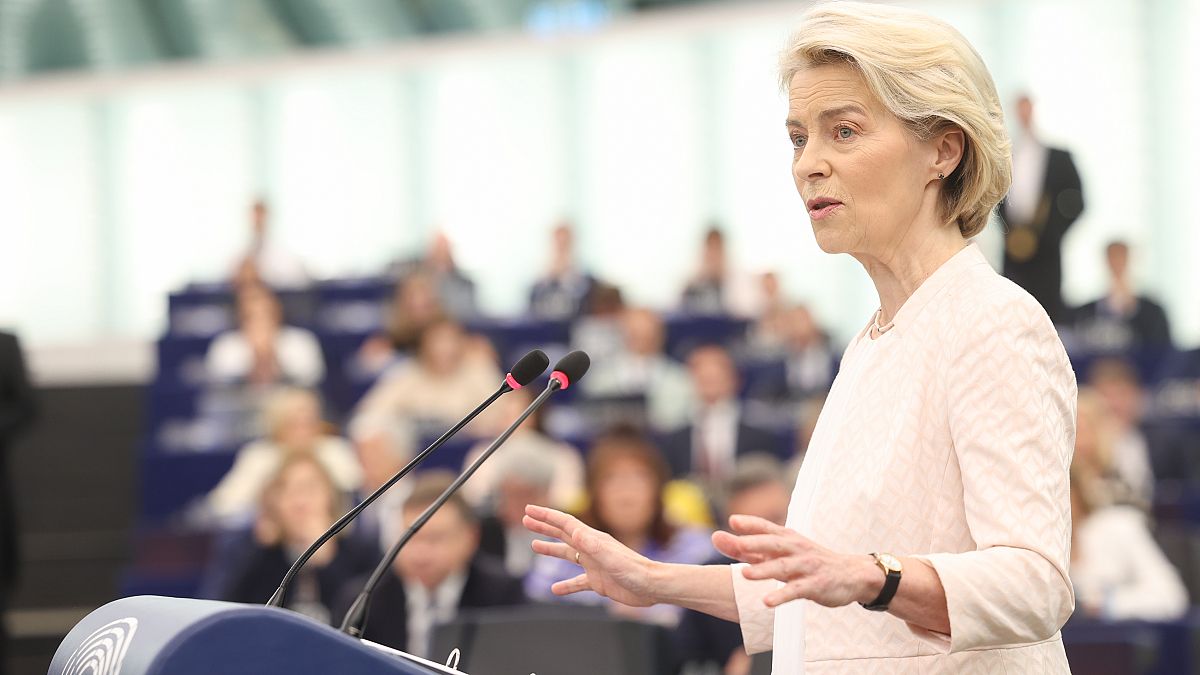The European Union faces a housing crisis, with average rents increasing by almost 23% and house prices by nearly 48% between 2010 and 2023. The lack of affordable housing and rising costs have led to protests and political campaigns across the EU. To address these concerns, Commission president Ursula von der Leyen has proposed the first-ever European affordable housing plan and the appointment of a commissioner responsible for the policy area. This move has been welcomed by socialists, the left, and civil society organizations who believe more can be done at the EU level to tackle the crisis.
Housing has not been a priority in EU-level discussions, with housing ministers only recently resuming joint discussions on European challenges in this policy area after a decade of stalemate. Socialists and civil society organizations are advocating for a commissioner or vice-president with a mandate to promote dialogue and investment to address the investment gap in social and affordable housing. Von der Leyen’s policy plans include a review of state aid rules to give member states more flexibility to support housing and an increase in planned cohesion policy investment in affordable housing.
While some proposals, such as binding targets to eliminate homelessness by 2029, were not included in von der Leyen’s policy program, efforts are being made to address the issue. The rise in housing and rental prices, exacerbated by platforms like Airbnb, has led some citizens to leave urban centers, prompting calls for regulation of short-term rentals. On average, 19.6% of people’s disposable income in the EU is spent on housing, but for those at risk of poverty, this figure increases to almost 38%. The EU could provide guidelines for urban centers to build on successful local initiatives to tackle the housing crisis.
Addressing homelessness is also a crucial aspect of the housing crisis, with an estimated 890,000 people affected across the EU. While there is still no concrete proposal on the political program to address homelessness, countries like Finland have shown success in working towards solutions. It is essential to share good practices in addressing homelessness and ensure that fighting against homelessness is a part of the responsibilities of the proposed housing commissioner. Von der Leyen has given member states until August 30 to nominate candidates for the next five-year mandate, after which she will decide on their portfolios and powers.
In conclusion, the EU is facing a housing crisis marked by rising costs and a lack of affordable housing. Von der Leyen’s proposal for an EU commissioner with a mandate on housing is a step towards addressing this crisis, with a focus on an affordable housing plan and increased investment in social and affordable housing. While some key proposals like eliminating homelessness by 2029 were not included in the policy program, efforts are being made to regulate short-term rentals and share good practices in addressing homelessness. The EU has until August 30 to nominate candidates for the next mandate, after which portfolio assignments and powers will be decided.











